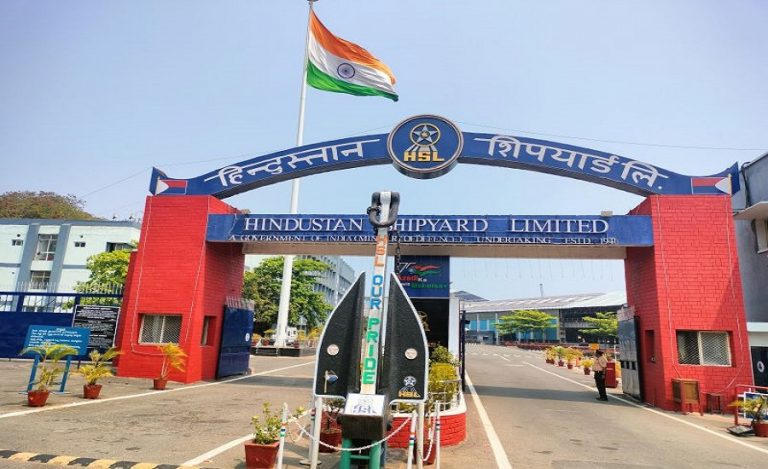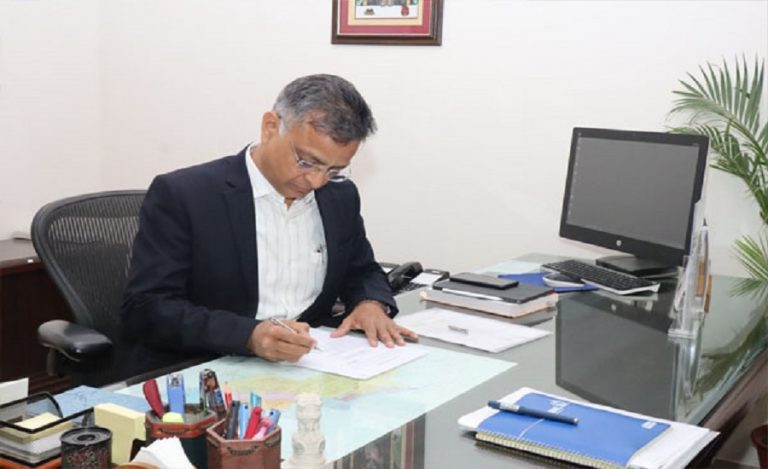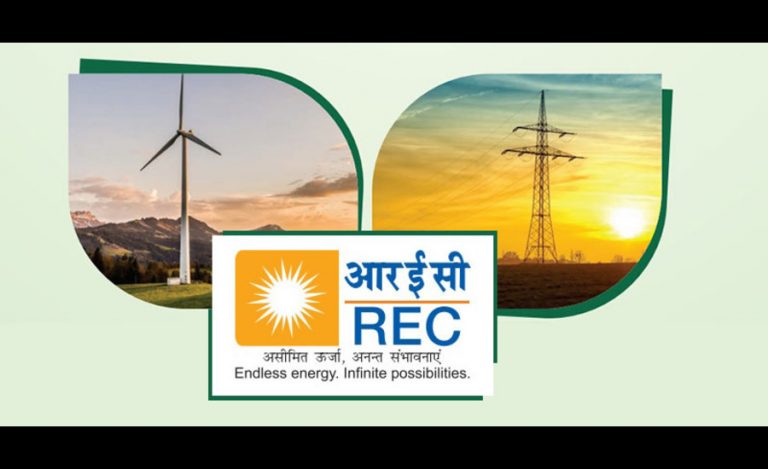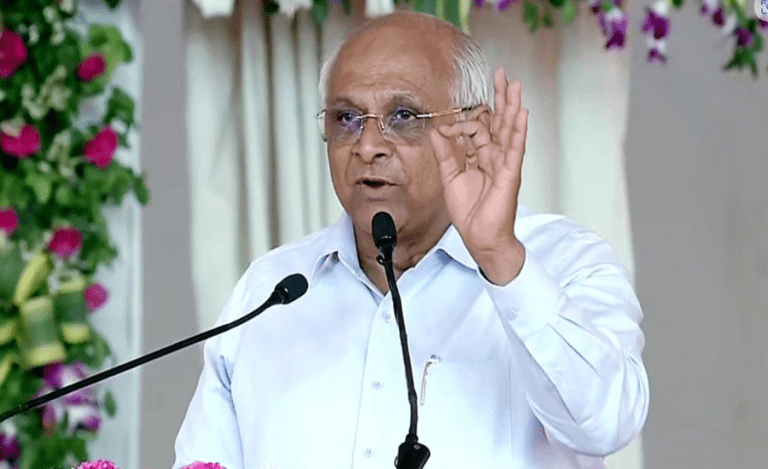Indore city, which is continuously setting milestones in areas of health, hygiene and cleanliness, has added one more feather to its cap by having Asia’s biggest and India’s first Bio-CNG plant installed on its land. To promote innovative techniques to maintain bio waste management, the 550 metric ton capacity plant has been initiated to realize the vision of waste to wealth by Indore City Municipal Corporation. In conversation with Indian Masterminds, Ms. Pratibha Pal, Commissioner of Municipal Corporation Indore, talked in detail about this new plant which was virtually inaugurated by Prime Minister Narendra Modi on Saturday.

THE PLANT

Ms. Pal told Indian Masterminds that “the plant is based on the PPE model where around 550 metric tones of biodegradable waste can be treated daily. This can generate around 18,000 kg of Bio-CNG, 50 percent of which will be utilized by the municipal corporation to run 400 city buses and the rest will be available for open market procurement purposes.”
The plant is situated in a village called Devguradia in a 15-acre area that is around 8 km away from the main city. There was a time when the trenching ground at Devguradia was known for the mountains of garbage but now its face is different. It has turned into a city forest and has become a symbol of cleanliness.
THE PRODUCTION

The Bio-CNG plant is based on a 4-step procedure. The first step is Pre-Treatment. Here, biodegradable waste is segregated and carried out to the treatment plant with the help of high-tech automatic machines. The second step is the Pre-Digestive process, where the slurry has to go through the fermentation process. The third step is the Bio-Methanation process, where microbes play a significant role in the formation of biogas in the absence of oxygen in around 25 days. In this process, the biogas starts to get produced having 55%-60% of methane.
To convert it into Bio CNG, it is sent from digester tanks (based on CSTR technique) to balloon sized containers via gas pipeline. In the fourth step, by using VPSA technique, its upgradation and purification is done where it finally converts into Bio-CNG having 90%- 96% methane. The machinery for this purpose has been imported from Denmark.
Ms. Pal said, “The plant will not only produce 18000kg of CNG, but it is based on Zero Intern Model, where the rest of the material after CNG formation will be utilized as organic compost.”
REDUCED CARBON EMISSION

While talking about the environmentally friendly aspect of the plant, Ms.Pal said, “The significance of this plan is very high in terms of Co2 emission. The emission of carbon dioxide can be restricted up to 130,000 ton per year with the installation of this plant.”
Asia’s biggest CNG plant is being setup with zero investment by the Municipal Corporation of Indore. In fact, Rs. 2.50crore will be paid to it by IEISL every year as premium amount.
Ms. Pal further said, “Around 400 diesel-based city buses run on daily basis here, which is also responsible for environment pollution. With the installation of Bio-CNG filling points, the fuel requirement of 400 city buses and 1500 small vehicles can be fulfilled. It is also able to produce 100-ton high quality organic compost. In both ways, the ill effects on environment can be minimized.”
Half of the total fuel produced at the plant will be provided to run public transport vehicles at Rs. 5 per kg, which is less than the market rate.The remaining will be made available in the open market.
WASTE TO WEALTH
As Indore has been named India’s cleanest city in the Centre’s Swachh Survekshan, its concept is based on a 3R model of ‘Reduce-Reuse-Recycle’. Ms. Pal said, “The deadline to complete this project was 18 months but the target has been achieved in just 15 months, despite the pandemic. Our will to consistently make our city number one in the country is so strong! The points of waste processing were high in a recent cleanliness survey. So, it will be a milestone for us when we convert waste not only to compost but also to Bio-CNG.”
































